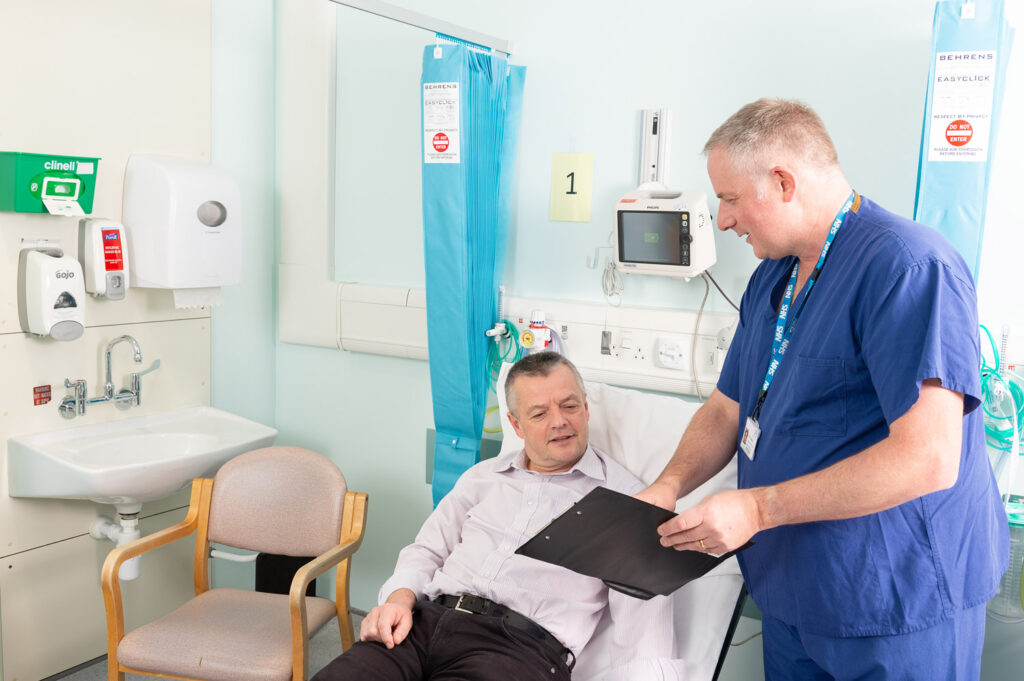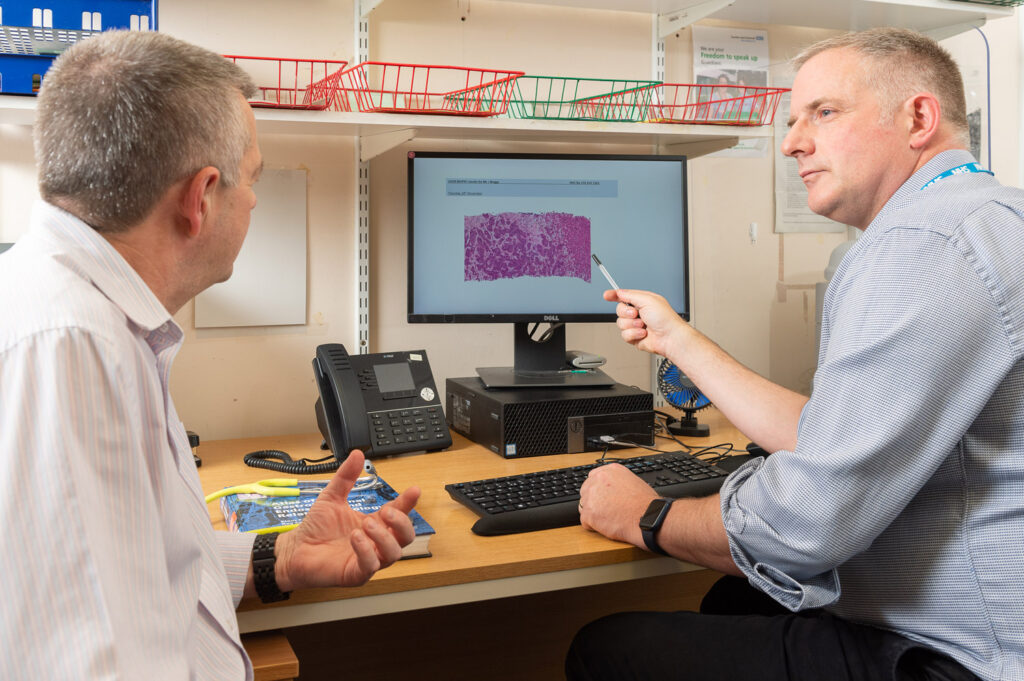How can Predictive Health Intelligence help hospital clinicians?
The HepatoSIGHT case-finding search engine from Predictive Health Intelligence helps doctors identify patients who may be at risk of non-alcoholic liver disease, simply, quickly, securely.
The NHS and IT systems do not have a happy history of productive partnership.
Despite the best of intentions, NHS systems are often incredibly complex and labour-intensive.
They can make more work and cost more money than they could ever save.
The dashboards and interfaces aren’t user-friendly, intuitive, or easy to use. The manuals that come with them are longer than Gray’s Anatomy.
Before clinicians and GPs are allowed to use them, they have to go on long, boring training courses that aren’t scheduled at times they can make.
But it doesn’t have to be this way…


Take the case of Predictive Health Intelligence’s new case-finding search engine HepatoSIGHT, created by a pioneering partnership of clinical expertise, healthcare IT know-how, and NHS experience.
HepatoSIGHT has been designed to analyse all the historic blood test results in a GP practice or NHS Trust and identify all of those who are at risk of liver disease.
Liver disease affects one in nine people in the UK and costs the NHS £6bn a year, 5% of the total budget. It’s a silent and stealthy killer which often doesn’t reveal itself before it’s too late.
HepatoSIGHT is an unusual landmark in IT healthcare, and not only because it works as intended.
It requires no training, comes with no manual, and is as easy to use as Rightmove and AirBnB.
It’s simple, safe, and secure, providing immediate benefits and results.
And it has the potential to save the NHS tens of millions of pounds.
Our aim is to save the NHS money. Even a one percent saving on the £6bn annual cost of treating liver disease represents £60m.
Make better use of the NHS’ £120bn annual budget by preventing undiagnosed cases of liver disease from requiring costly end-of-life care.
Eat away at the £6bn annual cost to the NHS of treating liver disease.
